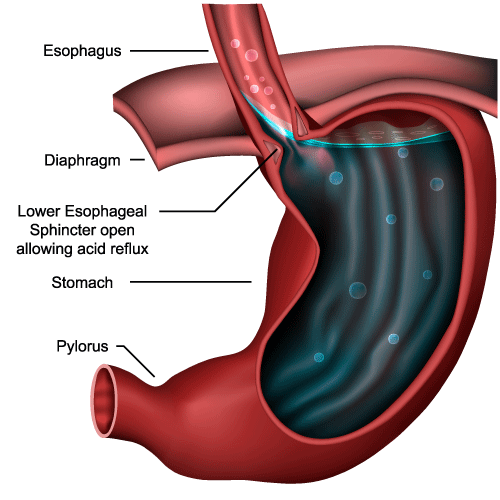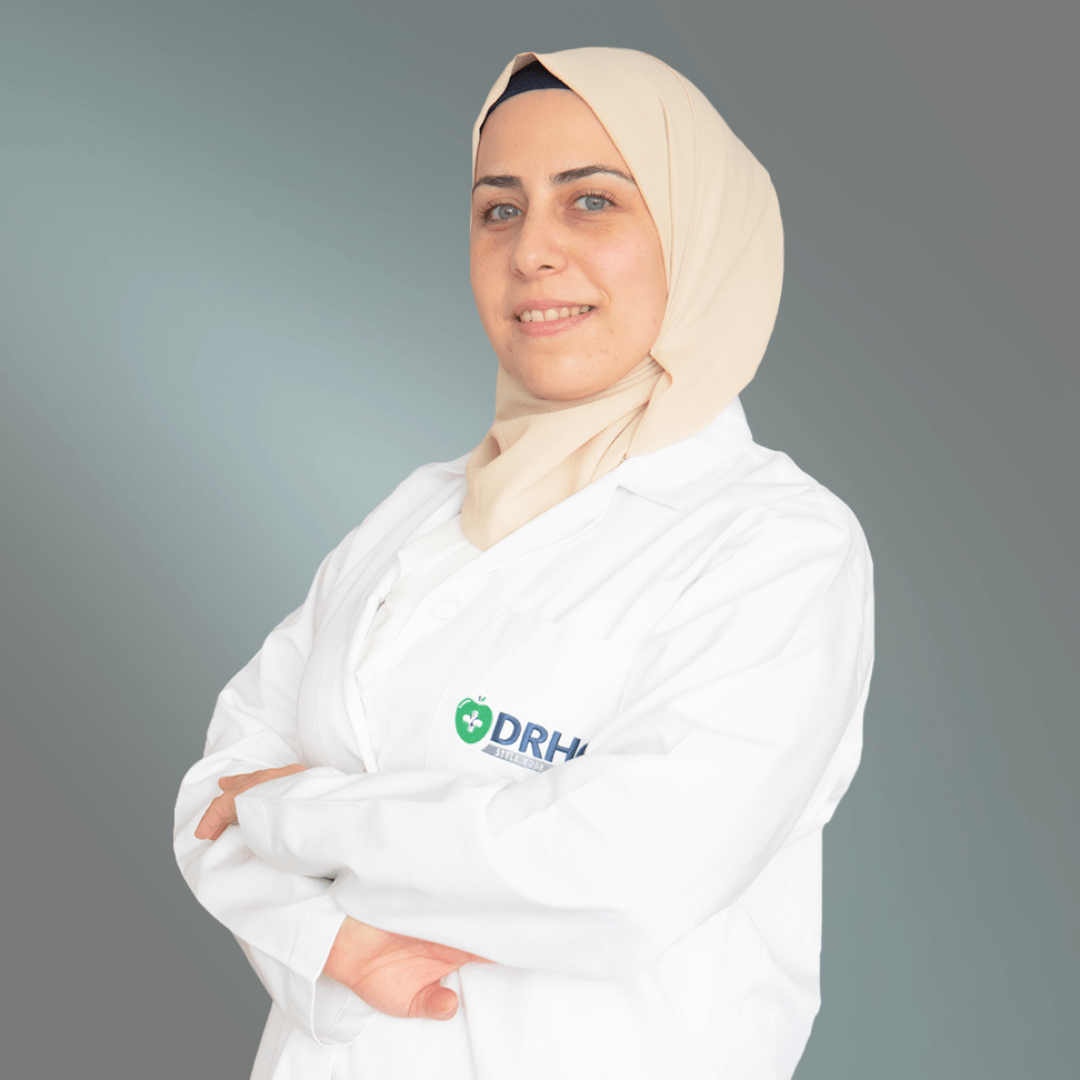Wireless PH-metry (PH Monitoring Test) at Gastroenterology Clinic DRHC Dubai
The PH-metry is a test that measures the PH level of the esophagus. The PH level of any substance indicates whether the medium of something is acidic or basic (Even).
Having acid in the stomach is normal; however, sometimes stomach acid backs up into the esophagus (the tube that connects the throat to the stomach, “food pipe”), which leads to an increase in the acidity level within the esophagus and causes heartburn and reflux.
Reflux occurs when stomach acid, food particles, and other digestive juices back up into the esophagus. When that happens regularly, it causes reversible and permanent damage to the esophagus. The PH-metry test helps to identify the true content of the refluxate (acidic or not). Conventional PH-metries consist of a catheter tube inserted through the nose into the esophagus and kept there for 48 to 72 hours for PH recording (how much acid the reflux contains and if related to symptoms).
Fortunately, the PH-metry wireless test measures the PH and its relation to symptoms but in a wireless manner without the need for the catheter through the nose, and thus is more comfortable. So, if you think you have gastroesophageal reflux disease (GERD), your doctor may ask you to have a pH-metry test to confirm or diagnose it. There are many complaints that may relate to GERD, such as heartburn, chest pain, coughing, sore throat, hoarse voice, and difficulty in swallowing (you might have one or more).
Who performs the PH-metry test?
The gastroenterologist will place the capsule during the process of upper endoscopy. The upper endoscopy (Gastroscopy) is done by inserting a thin tube with a camera to look into the gastrointestinal system through the esophagus and down toward the stomach. The process is used for both examining the system and treating certain conditions.
Test Details:
The PH-metry wireless-capsule test includes:
- A pH-sensing wireless capsule (about the size of a gel cap) that is temporarily attached to the esophageal wall during the gastroscopy, and it measures PH levels with and without correlation to symptoms.
- A recorder that you wear during the exam period to capture and record the data from the capsule
- The capsule will measure the PH levels in the esophagus, then the readings are transmitted to a receiver (about the size of a pager) that you wear on your belt or waistband.
- With the aid of the buttons on the receiver, you will be able to record events (when eating and when lying down) and symptoms of GERD, such as heartburn or chest pain...etc. The doctor will tell you exactly what symptoms to record.
Preparations:
- Before the test, you should inform the doctor if you have a pacemaker or implantable heart defibrillator, a history of bleeding problems, dilated blood vessels, or any other previously known problems with your esophagus.
- You'll have to stop proton pump inhibitor medications (such as omeprazole, lansoprazole, rabeprazole, pantoprazole, and esomeprazole) seven days before the test.
- Also, you'll have to stop H2 blockers (such as ranitidine, cimetidine, famotidine, nizatidine, or the promotility drug, metoclopramide) two days before the test.
- Stop also antacids (such as Alka-Seltzer®, Gaviscon®, Maalox®, Milk of Magnesia®, Mylanta®, Phillips®, Riopan®, Tums®, or any other brands), six hours before the test.
- And finally, stop eating and drinking four to six hours before the test.
On the day of the wireless PH-metry capsule test:
- You'll have to be fasting.
- You should wear comfortable clothing. You might be asked to change into a gown.
- You should leave your valuable objects (jewelry, credit cards,…) at home.
- You won’t be able to wear your glasses or dentures during the procedure.
- You should have a responsible person to drive you home.
- Your doctor will again explain the procedure and what to expect. This procedure is done under sedation. They will tell you about possible complications or side effects.
- Your doctor will apply a local anesthetic (pain-relieving medication) to the back of your throat.
- The doctor will insert an endoscope through your mouth and into your esophagus; it won't interfere with your breathing.
- The doctor will attach the capsule to the tissues on your esophagus and make sure that the capsule is sending signals to the recorder.
- The procedure lasts only for a few minutes.
Does it hurt?
Your throat might be a little sore, and you might feel like something is in it. In case you have any symptoms that are extreme or cause you any concern, you should contact your doctor.
During the monitoring period:
- You can follow your usual daily activity.
- You shouldn't reduce or change any of your activities during the monitoring period.
- Stick to your routine, or the monitoring results won't be as useful.
- Don’t get the receiver wet because it’s not waterproof.
- You should eat as usual, so that your stomach produces acid as usual. Make sure you eat at least 2 meals a day, containing foods that tend to increase your symptoms (without making yourself miserable). Avoid snacking. Don’t suck on hard candy or lozenges, and no chewing gums during the monitoring period.
- Remain in an upright position throughout the day. Don’t lie down until you go to bed (unless it's a part of your daily routine).
- Continue your medications as usual (except the ones cited above).
- Press the appropriate button on the receiver when symptoms occur.
- Record the start and end of your meals.
- Don't drink anything other than plain water.
- Record the time you lie down and when you get back up.
- If you think you may be experiencing any unusual symptoms or side effects, call your doctor.
- Return the receiver when the monitoring period is over.
- The information on the receiver will be downloaded to a computer, and the results will be analyzed.
Risks and benefits:
Detecting acid reflux is important. More severe and prolonged reflux (GERD), could cause damage to your esophagus, which can lead to problems that are more serious (Barrett’s esophagus or esophageal cancer).

What to expect:
- Many people take anti-acidic reflux medications that are not helping. You may be taking more medications than are indicated
- Any procedure has risks, but the wireless capsule PH-metry has had only a few complications (with the equipment that makes the results not accurate, the capsule might fail to stay in place for the full testing period, or it might not detach on time).
- Rarely, some discomfort can be felt when swallowing, chest pain or back pain, and a sore throat for 1 to 2 days after the endoscopy.
- Very unlikely risks: damage to the tissue of your esophagus or intestines, possible bleeding, or aspiration of the capsule.
RESULTS AND FOLLOW-UP
Once the test has finished (48 to 96 hours of recording):
- You will resume your normal diet and medications.
- You will resume your normal activities, which will cause the disposable PH capsule to detach and pass through the digestive tract in seven to 10 days on average.
- You shouldn't be subjected to any MRI exams for 30 days after insertion of the capsule.
- You should visit your doctor to discuss the results of the monitoring test and the management plans.
.png?width=281&height=59&name=bookanappointment%20(1).png)
If you are due for an ERCP - Endoscopic Retrograde Cholangiopancreatography or are experiencing gastrointestinal symptoms, don't delay. Contact DRHC Dubai to schedule your colonoscopy appointment. Our team of experts is here to provide you with compassionate care and personalized treatment to keep your digestive health in check. To book Your Appointment, just call us at +97142798200 for a consultation with the Gastroenterology Clinic at DRHC Dubai.





.png?width=281&height=59&name=bookanappointment%20(1).png)




